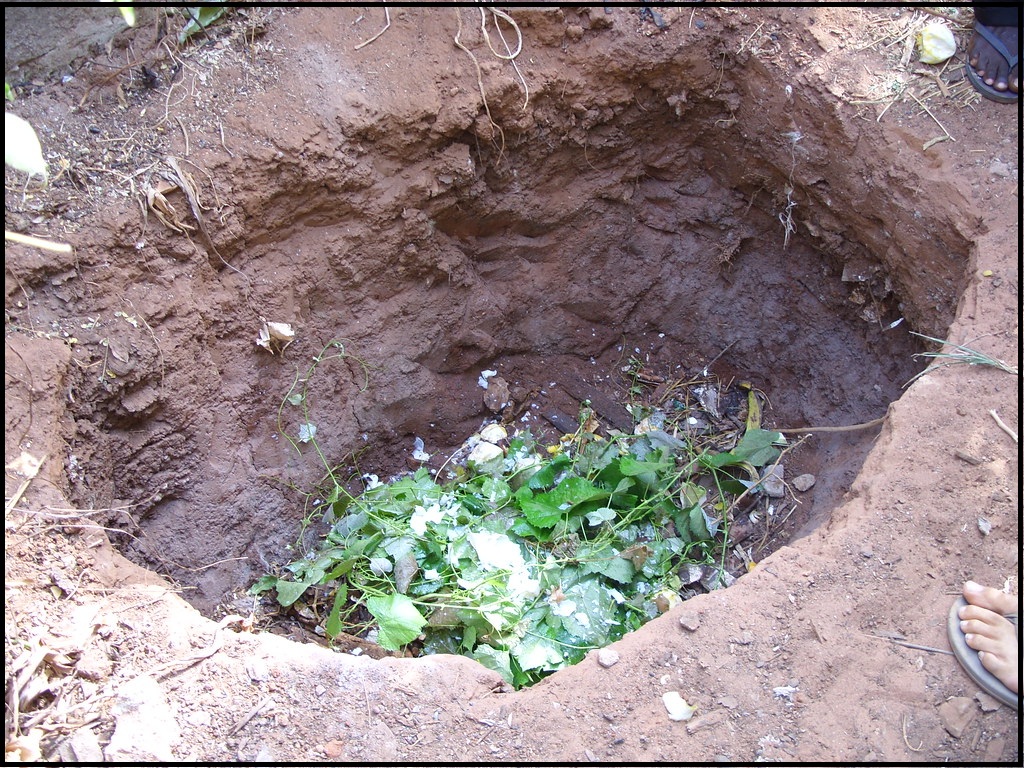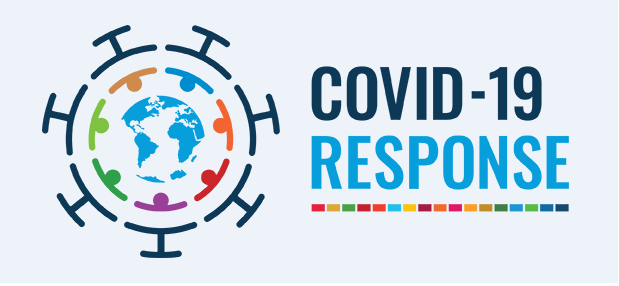IISD-CMI's Sustainability Policy
IISD-CMI's Sustainability Policy
IISD-CMI's Sustainability Principle
IISD-CMI aspires to respect to the goal of human wellbeing across generations
and around the world, and is committed to including social, ethical, economic, ecological, and
environmental and resource considerations in decision making. We hope our every employee,
Supply Chain Vendors, Members, Partners, including even Interns and Volunteers etc those who
are directly and indirectly associated with us, share this goal and learns how to engage
effectively in reaching it.
To achieve this goal, we have established the following core sustainability principles related to
academia, planning and also our operations.
Advance sustainability knowledge
- Ensure that our Employees and all the stakeholders understand how the work they do can
contribute to creating a
sustainable world.
- Achieve excellence in all of our research and extension assignments, we do that can help
solve
the complex problems involved in creating a sustainable world.
Establish sustainability as a core value
- Lead sustainability by example.
- Integrate environmental awareness into Institute culture, and make sustainable practices a
part of everyday life.
- Incorporate considerations of sustainability into all aspects of institute procurement of
products, services and food.
Minimize water and environmental footprint and preserve
the ecosystem
- Drastic reduction measures for Green House Gas (GHGs) emissions from Institute
operations by reducing energy use in existing Buildings, Achieving Energy Efficiency
and Conservation, Green Building Design and Certification and greening our total Supply
Chain process and adopting the sustainable procurement systems.
- Use water resources efficiently, minimizing total water demand by continuing to
implement water conservation measures and incorporating infrastructure for future watersaving
measures into our facilities.
- Construct and renovate Buildings to provide safe, productive indoor environments that
use energy, water and other natural resources efficiently, with Deployment of maximum
Renewable Energy Sources.
- Reduce the number of drive-alone commuters and avoid increasing the total number of
trips taken during peak commuting hours, including the Promotion of Sustainable
Transportation with Optimization of use of the Electric Vehicles, Walking and Cycling.
- Conserve resources through reduce, reuse, recycling principles with a Complete Waste
Management Solution and Composting – moving towards a Zero Waste Institute, with a
maximization of Circular Economy Potentials.
- Preserve and manage environmental resources, adopt eco-restoration methods, allowing
the functioning of natural ecosystems and the long-term persistence of native species.
- Preserve and manage heritage resources to retain their historical and archaeological
value, with maximize their usefulness for producing knowledge.

IISD-CMI Sustainability Policy in Practice
IISD-CMI Sustainability Policy, although primarily focuses on energy efficiency and
conservation and climate change mitigation by adopting green house gases emission reduction
measures, it also includes reuse and complete recycle of Institute waste, food,
and water usage, - in fact, all of which can impact climate change. Practical and innovative
sustainability efforts and methods are underway at IISD-CMI ranging from Composting of Biodegradable
Wastes, E-Wastes to exploration of Optimal Conservation of in-house energy in all
forms, leading to a Carbon Minus / Neutral Institute, with respect to Zero Water Foot-print, Carbon Foot-print and beyond. The
activities focuse to create appreciate organizational Infrastructure to support all-round Sustainability
and become an Energy and Resource Independent Institute in near future.
IISD-CMI Bio Compost Pit

IISD-CMI maintains a Bio Compost Pit, in regular basis, in the adjacent garden, in the front side, towards left corner, which is 100% hygienic.










